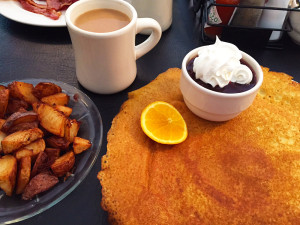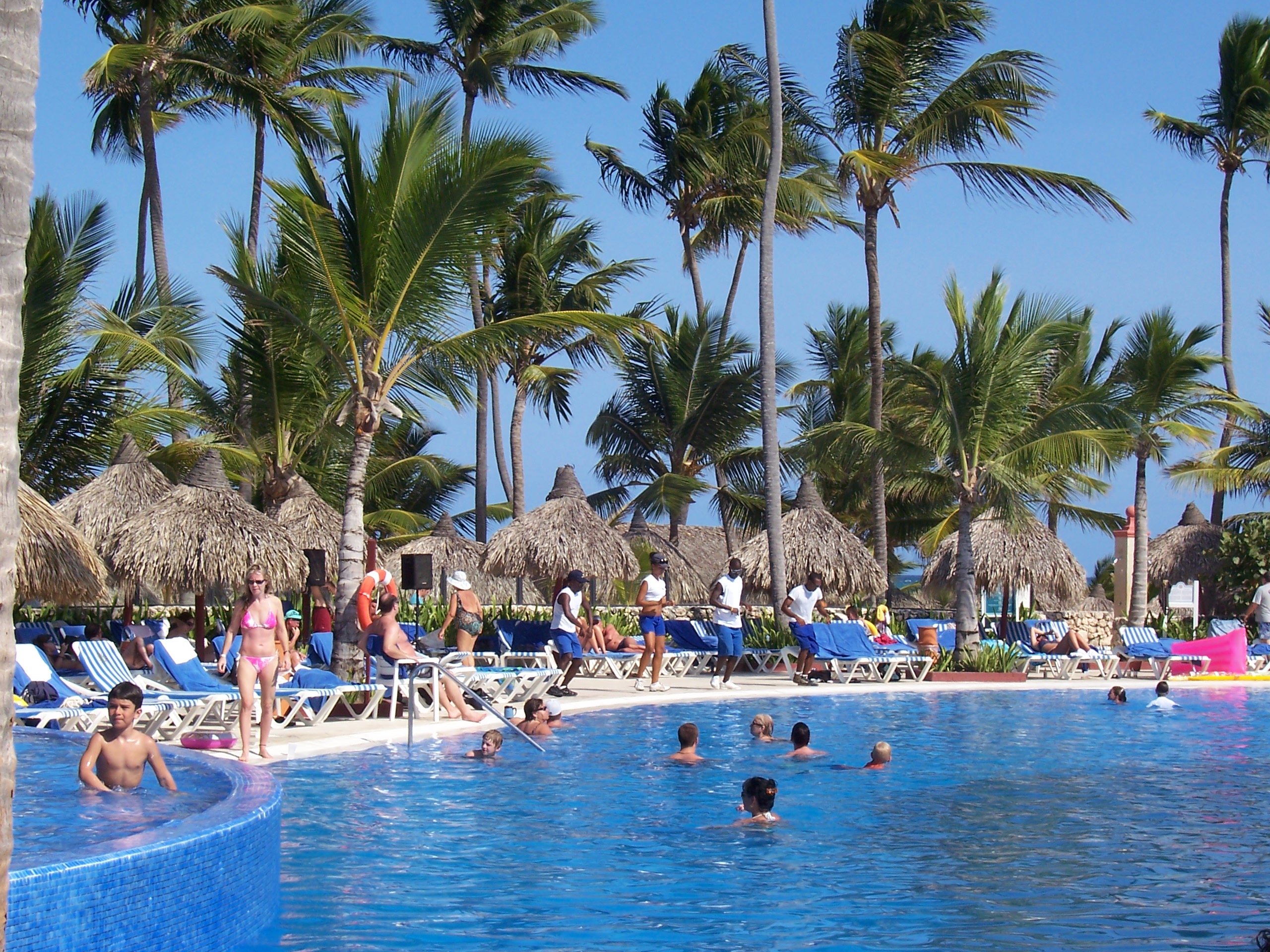Morgan Adderley of Tribune 242 reports there have been four confirmed cases of conch poisoning and as many as six unconfirmed cases, Bahamas Health Minister Duane Sands announced yesterday.
 According to Dr Sands, the exposure took place in the previous 72 to 96 hours with a number of the patients affected having eaten at Potter’s Cay.
According to Dr Sands, the exposure took place in the previous 72 to 96 hours with a number of the patients affected having eaten at Potter’s Cay.
Noting that an outbreak of conch poisoning is something the country can “ill afford” right now, Dr Sands was adamant the issue can be easily mitigated if proper hygiene is maintained.
Four cases have been confirmed via laboratory testing but Dr Sands said there are a number of unconfirmed cases – “possibly as many as six” awaiting laboratory results. He added the affected people are being treated at both Doctors Hospital and Princess Margaret Hospital, and so far, all the self-identified patients are Bahamian.
Dr Sands said the steps to controlling the outbreak lie in proper hygiene and public and vendor awareness.
“Environmental Health teams (are speaking) directly with the vendors, not only at Potter’s Cay but throughout New Providence and anywhere else that we may have reason to suspect possibility of exposure,” Dr Sands said.
“We learned back in the 1990s that this is easily controlled if people practice very simple techniques of washing conch with fresh water. And that minimises, if not eliminates the possibility of transmission.
If it’s so simple, why do so many people get sick?




 The week was a success; not only did we get some Vitamin D, neither of us had any foodborne illness symptoms.
The week was a success; not only did we get some Vitamin D, neither of us had any foodborne illness symptoms.